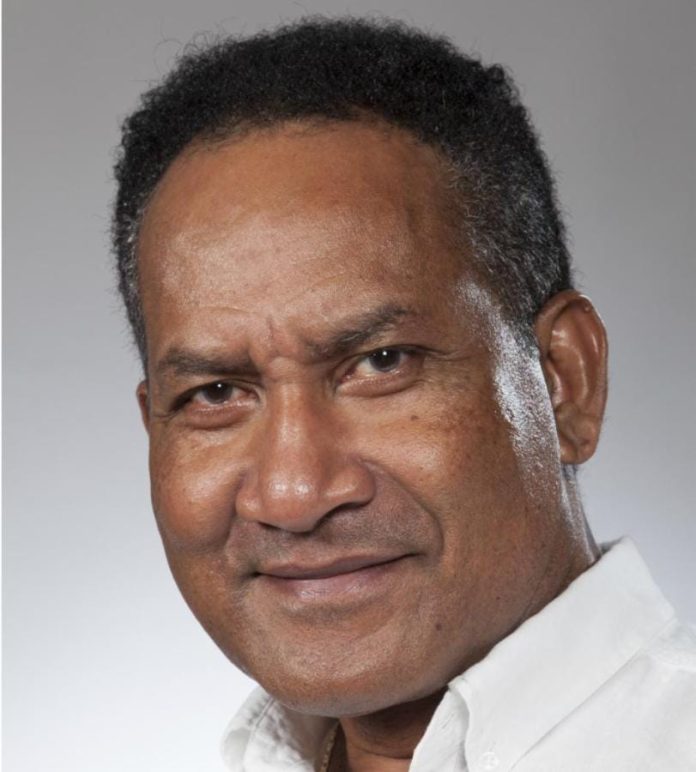Some Pacific Island nations are bristling at the label “Indo-Pacific,” a term that is increasingly being used by larger powers – including New Zealand – but which, they say, reduces them to a security bloc rather than a grouping of countries with different views and needs.
From Australia to Japan and New Zealand to the United States, the term “Indo-Pacific” is increasingly being used as strategic concept, describing the region through a political and security lens, rather than an economic or values-based one.
After Prime Minister Jacinda Ardern met U.S President Joe Biden in May, they put out a joint statement which used the term “the Indo-Pacific” 15 times.
The term is becoming more frequently used as the US, its allies and partners – including New Zealand – vow to commit more diplomatic and security resources to the Pacific in particular, amid fears China’s courtship is splintering the region.
Professor Steven Ratuva said the concept of an “Indo-Pacific” region “creates a hegemonic position where bigger countries can do anything in the Pacific without accountability to regional island states”.
“Along this logic, the region then can be used as an arena for advancing their self-serving strategic interests thus exacerbating tension,” he said.
Indeed, no one asked the Pacific about what they thought about being reduced to a strategic sphere.
“That’s someone else’s narrative,” Fiame Naomi Mata’afa, Samoa’s prime minister, said when asked about the term.
Mata’afa said Samoa wasn’t consulted on it. She raised this as an issue with Australia’s foreign minister, Penny Wong, during a meeting earlier this year.
Vanuatu’s opposition leader, Ralph Vegevanu, was unequivocal on his views. “The term has no meaning or relevance to us,” he said over email.
Jean-Christophe Bouissou, Vice President of French Polynesia, said the term described a gathering of all countries who see the world the same way – which was clearly not the case in such a varied region. It was not helpful for de-escalating tensions in the region, he said.
Beijing’s accelerating interest in the region has injected new tensions into the region as the two world-leading economies compete for influence. The power-play has exacerbated leadership spats and regional tensions between Pacific nations.
Biden will host Pacific leaders in Washington this month – in-person meetings to shore up support after announcing a refreshed focus on the Pacific region – while Foreign Affairs Minister Nanaia Mahuta is spending four days in Papua New Guinea this week to strengthen ties.
It instead represents the geostrategic interests of countries involved in the
New Zealand is not part of regional security alliances like the “Quad” between Japan, Australia, India and the US. But it is a launch partner of the Indo-Pacific Economic Framework for economic cooperation in the region.
Ratuva said there were suspicions that bigger powers like the U.S, Australia and New Zealand might use economic plans like the Blue Pacific Continent strategy as a “Trojan horse” to serve its Indo-Pacific interests.
“The Pacific leaders must watch out for this and push back against it,” he said.
Tupe Solomon Tanoa’i, a Samoan-Fijian Kiwi who served as a New Zealand diplomat, said the term didn’t resonate with many Pacific island countries, and didn’t take into account the differing interests in the region.
Pacific Island states had diverse national interests and working together hasn’t been an easy road, she said.
“It requires countries with diverse national interests to work together on the issues that matter to them the most – protecting the ocean, its resources, and addressing the threat of climate change remain a priority for Pacific countries, regardless of geostrategic concepts,” she said.
SOURCE: STUFF NZ/PACNEWS














